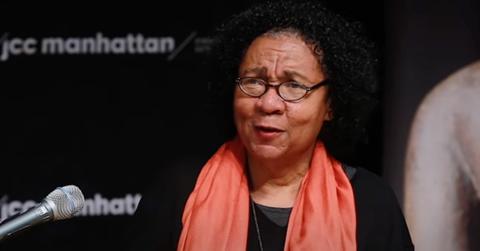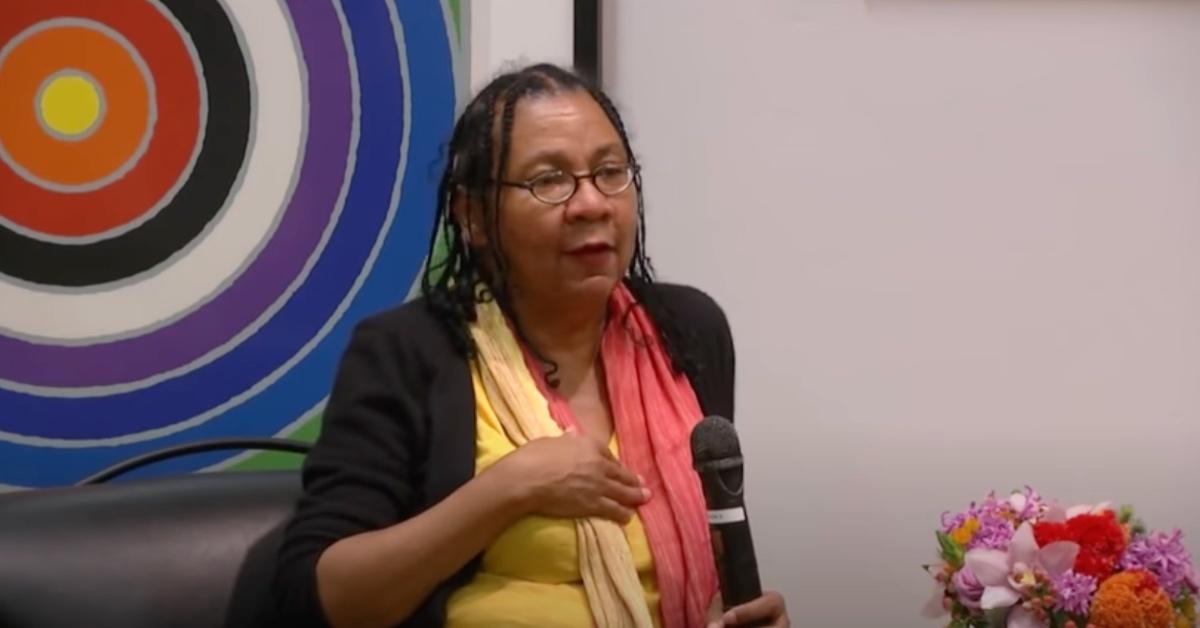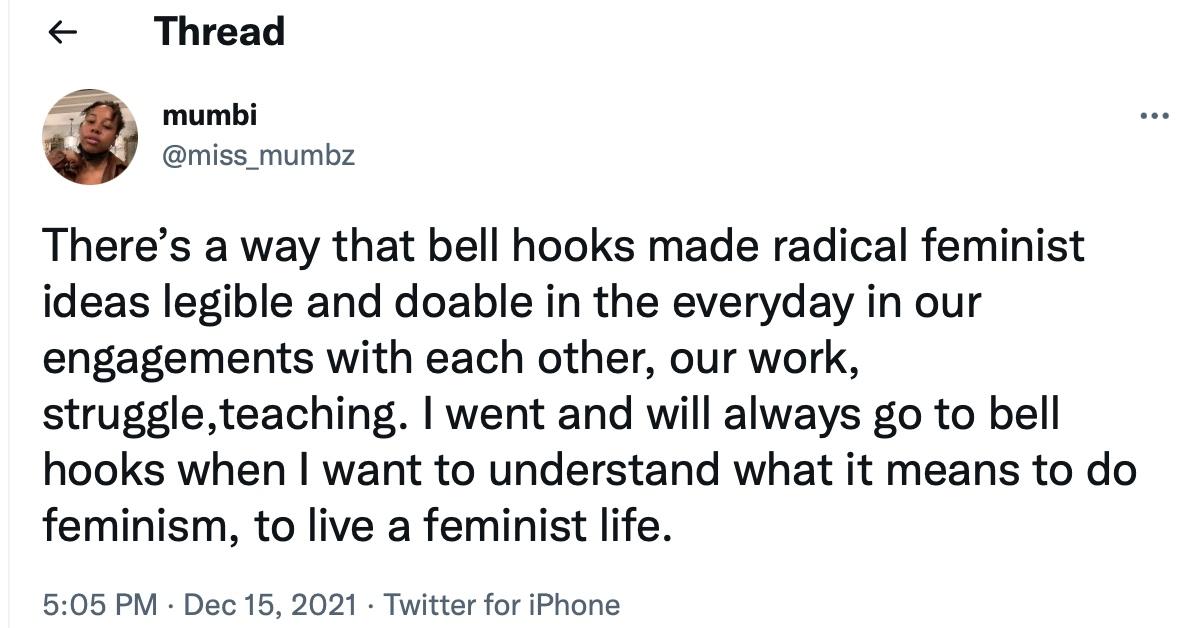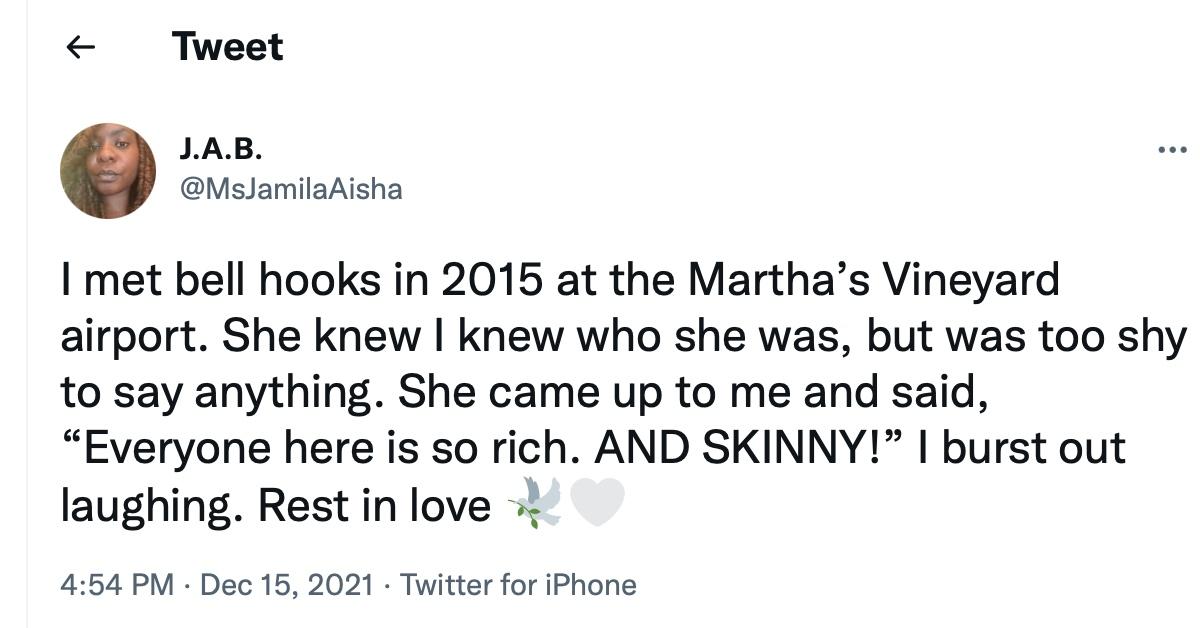Why Did bell hooks Write Her Name in Lowercase? The Story Behind the Name
Published Dec. 16 2021, 12:50 p.m. ET
The author of Bone Black: Memories of Girlhood, Killing Rage: Ending Racism, Black Looks, and more, bell hooks, who inspired generations of thinkers and activists, has passed away aged 69.
Born in 1952 in Hopkinsville, Ky., as Gloria Jean Watkins, bell hooks published more than 30 books on racial justice, pedagogy, feminism, the good (and bad) uses of love, and a range of other topics. Why did she write her name in lowercase?
Why is bell hooks's name in lowercase?
Born in a segregated town in Kentucky, bell obtained a Bachelor's Degree in English from Stanford University in 1973. She finished her Master's Degree at the University of Wisconsin–Madison in 1976, earning a Ph.D. from the University of California–Santa Cruz in 1987. She published her first book, And There We Wept, in 1978, under the pen name bell hooks.
Turns out, there are several reasons behind the all-lowercase spelling.
She wanted to honor the memory of her maternal great-grandmother, Bell Blair Hooks, which is partly why she chose the name. To distinguish herself, bell changed the spelling.
"I was a young girl buying bubble gum at the corner store when I first really heard the full name bell hooks," the scholar wrote in the 1989 book, Talking Back, via The Washington Post. "I had just 'talked back' to a grown person. Even now I can recall the surprised look, the mocking tones that informed me I must be kin to bell hooks — a sharp-tongued woman, a woman who spoke her mind, a woman who was not afraid to talk back."
"I claimed this legacy of defiance, of will, of courage, affirming my link to female ancestors who were bold and daring in their speech," she added.
But the name has another significance as well. According to The New School, the lowercase spelling was chosen to encourage readers to focus on the substance of the writing, not the author's personhood or public persona.
Dealing with the personal as political, bell explored new ideas about how to salvage social divisions, urging her readers to seek community and decenter their thinking on activism, relationships, and beyond.
Her second book, Ain’t I a Woman? Black Women and Feminism came out in 1981. She began the work while studying at Stanford University, which further illustrates the sheer brightness of her mind.
Over her more than 40-year-long career, she published ground-breaking volumes like Communion: The Female Search for Love and Salvation: Black People and Love. A prolific writer, activist, and commentator, she taught at the University of Southern California, Yale University, and other prestigious institutions.
She joined Berea College, a top liberal arts college in Berea, Ky., that admits every student on a no-tuition promise, in 2004. She worked as the Distinguished Professor in Residence in Appalachian Studies until her passing.
What happened to bell hooks?
She passed away on Wednesday, Dec. 15, 2021, at her home, in Berea, Ky. She was surrounded by her family and friends. As bell's sister, Gwenda Motley, told The Washington Post, the cause of death was end-stage renal failure.
Our hearts go out to her family.



